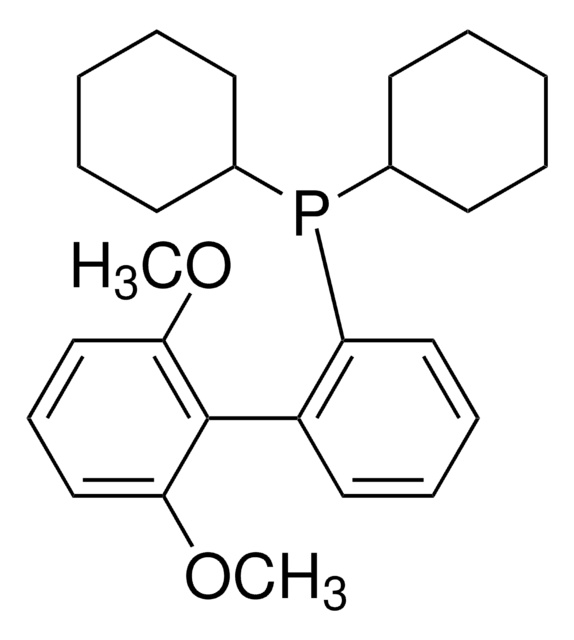777099
Gold nanoparticles
15 nm diameter, OD 1, stabilized suspension in 0.1 mM PBS, reactant free
Sinónimos:
Gold Nanoparticle, Au NP, Gold colloid
About This Item
Productos recomendados
formulario
nanoparticles
suspension
concentración
~1.64E+12 particles/mL
DO
1
diámetro
15 nm
λmáx.
516-520 nm
temp. de almacenamiento
2-8°C
cadena SMILES
[Au]
InChI
1S/Au
Clave InChI
PCHJSUWPFVWCPO-UHFFFAOYSA-N
¿Está buscando productos similares? Visita Guía de comparación de productos
Categorías relacionadas
Aplicación
This extensively purified material is reactant free and monodisperse (<12% variability in size and shape); and provides significantly improved surface reactivity. Applications include Surface Enhanced Raman Labels; Sensing/Detection; Biological Targeting; Plasmonics and Electronics.
The removal of reactants means that further growth of the nanoparticles is also inhibited leading to a longer lasting material.
Información legal
Código de clase de almacenamiento
12 - Non Combustible Liquids
Clase de riesgo para el agua (WGK)
nwg
Punto de inflamabilidad (°F)
Not applicable
Punto de inflamabilidad (°C)
Not applicable
Elija entre una de las versiones más recientes:
¿Ya tiene este producto?
Encuentre la documentación para los productos que ha comprado recientemente en la Biblioteca de documentos.
Los clientes también vieron
Artículos
Steven J. Oldenburg, Ph.D. provides an overview of lateral flow diagnostic assays and discusses the use of ultra-bright reporter particles based on the unique optical properties of gold nanoshells that significantly increase the sensitivity of lateral flow immunoassays.
Nuestro equipo de científicos tiene experiencia en todas las áreas de investigación: Ciencias de la vida, Ciencia de los materiales, Síntesis química, Cromatografía, Analítica y muchas otras.
Póngase en contacto con el Servicio técnico



